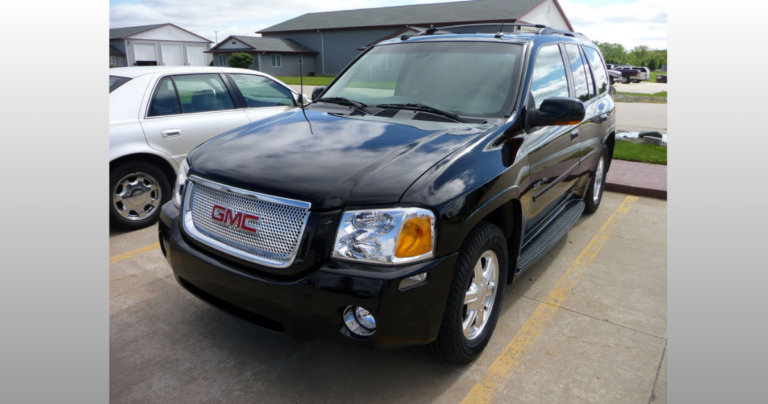Are Mobile Notaries Allowed in Nursing Homes?
As the demand for convenient notarization grows, many wonder if a Mobile Notary can legally provide services within nursing home settings. Nursing homes house some of our most vulnerable citizens, and ensuring they have access to essential legal services—like notarizing wills, power of attorney documents, and healthcare directives—is crucial. While state laws governing notarial acts vary, most jurisdictions permit commissioned notaries to travel to residents’ bedside, provided they adhere to facility policies and maintain proper credentials. This post explores the regulations, best practices, and considerations for offering mobile notary services in nursing homes.
Regulatory Considerations for Mobile Notaries in Care Facilities
Every state issues its own rules regarding notarial acts, and nursing homes may impose additional requirements to safeguard resident health and privacy. Generally, a notary must:
-
Be duly commissioned and have an active seal and journal.
-
Verify the signer’s identity, even if a resident lacks standard government-issued IDs.
-
Ensure the signer has legal capacity and is acting voluntarily.
-
Follow facility-specific protocols, such as signing in at the nurse’s station, wearing identification badges, and adhering to infection control measures.
In some cases, nursing homes contract specialized services like a Hospital Notary Service to streamline on-site notarizations. These services train notaries on medical facility requirements, minimizing disruptions to care and ensuring compliance with both state notary laws and healthcare regulations.
Benefits of Mobile Notaries for Nursing Home Residents
Accessing a notary can be particularly challenging for residents with limited mobility or cognitive impairments. Engaging a Jail Notary Service or traditional brick-and-mortar office is often impractical. By contrast, a mobile notary brings the service to the resident’s door, offering:
-
Convenience and Comfort: Residents need not leave their rooms or arrange transportation.
-
Personalized Attention: Notaries can explain documents slowly, ensuring residents understand each page before signing.
-
Timely Execution: Urgent documents—such as advance directives or estate planning paperwork—can be completed promptly, reducing legal risk.
While the term Jail Notary Service typically refers to notaries who serve incarcerated individuals, the principles of on-site notarization remain the same: flexibility, security, and respect for client circumstances.
Emergency Response and Special Cases
Sometimes, nursing home residents may require immediate notarization under unusual circumstances—say, when they face sudden health crises or need to execute documents before a hospital transfer. In such emergencies, Emergency Notary Services play a vital role. These notaries are often on call 24/7 and can:
-
Arrive at short notice, even during weekends or late hours.
-
Coordinate with nursing staff to find a safe, private area for notarization.
-
Adapt quickly to changing medical conditions, obtaining verbal consent when residents cannot sign due to physical limitations.
By understanding the nuances of emergency situations, notaries ensure that critical legal documents remain valid, even under pressure.
Access to Airport Notary Services for Transitional Care
When residents are discharged from nursing homes and transported for medical tourism or family visits, notarizing travel consent forms can be essential—especially for minors or those under guardianship. A Airport Notary Services specialist can meet travelers at terminals to notarize:
-
Medical release and consent forms for minors traveling alone.
-
Guardianship documents allowing relatives to make decisions.
-
Affidavits for medication administration across state or national borders.
Such services bridge the gap between healthcare and travel, ensuring that transitions happen smoothly and legally.
Collaborating with Healthcare Staff for Smooth Operations
Effective mobile notarization in nursing homes hinges on strong partnerships with facility personnel. Notaries should:
-
Pre-schedule visits by coordinating with the activities director or social worker.
-
Provide proof of liability insurance and a copy of their commission certificate.
-
Follow dress codes and infection control policies, such as wearing masks, gloves, or other PPE.
Many nursing homes require notaries to sign facility waivers or undergo brief orientation sessions. By respecting these protocols, notaries build trust and ensure ongoing access to residents.
Navigating Nursing Home Policies and Permissions
Every nursing home has unique policies designed to protect resident privacy and safety. Before each visit, a notary should:
-
Submit identification and commission credentials for approval.
-
Understand visitation hours and any special lockdown procedures.
-
Agree to supervision requirements—some homes insist that staff be present during notarization to confirm identity and witness consent.
Familiarity with the Health Insurance Portability and Accountability Act (HIPAA) is also essential. Notaries must never disclose sensitive medical information and should conduct notarizations in private, with minimal interruptions.
Safeguarding Confidentiality and Compliance
Resident documents often contain highly confidential data, from financial statements to medical directives. Notaries must:
-
Use tamper-evident seals and secure journaling practices.
-
Store journals and stamps in locked containers between visits.
-
Shred copies or notes after the required retention period.
By adhering to professional standards and following state notary guidelines, mobile notaries reinforce their reputation and protect resident rights.
Future Trends and Innovations
The notarial profession continues to evolve, especially with the rise of remote online notarization (RON). While some states permit RON for nursing home residents with internet access, many facilities lack the infrastructure or have security concerns. Nevertheless, future developments may include:
-
Hybrid models combining on-site and remote notarization.
-
Dedicated nursing home RON kiosks managed by facility IT staff.
-
Enhanced training programs for notaries focusing on geriatric and healthcare settings.
By staying informed about these trends, notaries can expand their service offerings and meet emerging client needs.
Conclusion
Mobile notarization in nursing homes is not only permitted in most jurisdictions but is increasingly recognized as an essential service for residents with limited mobility. Whether you’re providing general Mobile Notary work, a specialized Hospital Notary Service, or even emergency and travel-based notarizations, understanding both legal requirements and facility protocols is key. By forging strong partnerships with nursing home staff, upholding confidentiality, and embracing future innovations, mobile notaries can ensure that every resident’s legal needs are met with professionalism, compassion, and efficiency.







